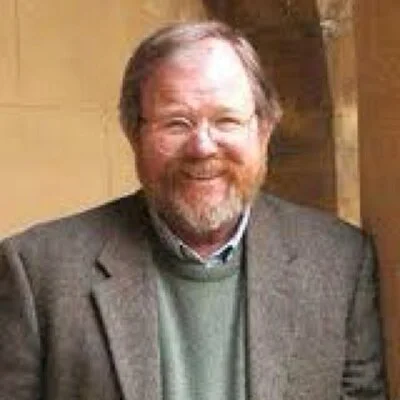
A Short History of Nearly Everything
In Bill Bryson’s Popular Book Turns the Lab Notebook into a Lantern of Wonder

1. a-short-history-of-nearly-everything-review opens the cosmic attic
A Short History of Nearly Everything begins, not with thunder, but with a gentle knock on the door of the universe. Bill Bryson wonders how “something” arrived from “absolutely nothing,” and suddenly my Guwahati balcony feels older than Brahamputra silt. His prose dips us into the abyss and hoists us out before vertigo settles—just as keen photographer might pause on a droplet trembling from a mango leaf, or a grandmother might braid homesickness into the smell of old paper.
2. The Kitchen-Table Cosmos
Bryson is no scientist; he is a veteran eavesdropper armed with notebook and pen. He dismantles astrophysics the way a grand aunt dices gourd for dal: patiently, mischievously, but never dropping the spice of story. Plate tectonics becomes a quarrel between crockery, the periodic table a dinner party aflame with quarrelsome guests.
A Short History of Nearly Everything and the Music of Sentences
It is as if the universe insists sentences must march, dance, then rest; Bryson complies with comic aplomb:
“For you to be here now, trillions of atoms had to convene in just the right way.
Then they had to stay together, through thick and thin, for 4.5 billion turbulent years.”
Two lines, one breathless, one serene, the monsoon and the lull after.
3. A Procession of Brilliant Misfits
Some author resurrects dusty archives by sketching eyebrows and umbrellas; Bryson resurrects science by sketching eccentricities. Here is Lord Kelvin, silk waistcoat flashing as he miscalculates Earth’s age. There, stoic Henrietta Leavitt maps galaxies while earning less than Harvard’s janitor. Bryson’s gallery reminds us knowledge advances on tea stains and stubborn arguments, not tidy spreadsheets.
4. Earth, Improvised
When Bryson reaches geology, his metaphors bloom like rhododendrons after a Meghalaya drizzle. Fault lines “yawn like diary spines”; basalt “rings like temple brass beneath a geologist’s hammer.” In Assam we gauge monsoon progress by the bitterness of bamboo shoots; Bryson gauges Earth’s restlessness by radioactive cradles under Wyoming sage. Poetry isn’t garnish, it is grappling hook. What statistic alone could make you feel tectonic loneliness?
Why a-short-history-of-nearly-everything-review Belongs on the Tea-Tray of Every Non-Scientist
Because it persuades through story. Because curiosity here is contagious as Bihu drumbeats. Because every fact arrives with a wink you can repeat over steamed momos at dusk.
5. Laughter at the Edge of Doom
Bryson describes the Chicxulub impact, forests burning in Siberia, tsunamis licking Tibet then notes the crater’s cheerful Maya name means “the devil’s flea.” Humour is not dismissal; it is buoyant. Without a wink we might drown in cosmic indifference. Laughter buys us a lungful of air before the next plunge.
(Outbound authority check: read NASA’s breakdown of asteroid hazards at https://www.nasa.gov.)
6. Bryson’s Lens
Standing on Umananda island, I once rubbed a pebble smooth as butter. Only later did I learn from A Short History of Nearly Everything that such granite began as magma when Gondwana was young. Bryson re-enchants local landscapes: the north-bank coal seams of Margherita, the fossil-rich outcrops near Digboi. What seemed provincial now feels planetary.
Explore my essay on bookshops surviving digital deluge—another slice of stardust in street-lamp light.
7. Fragility, Radiance, Resolve
Ninety-nine point nine per cent of species are ghosts. A volcanic sneeze, a cosmic pebble, and we could join them. Bryson mutters this truth without sermon, then marvels that we exist at all. Impermanence becomes invitation: revel while you may.
I finished A Short History of Nearly Everything during the days between Bihu and the first peal of pre-monsoon thunder many moons ago. Closing the book felt like closing a lantern, its light lingered on my palms. If stardust can learn to read Bill Bryson, what other wonders might atoms attempt?
An exuberant starter, a planetary lullaby, a fireside gossip with the cosmos, this is A Short History of Nearly Everything. Read it if you have ever searched for constellations above load shedding of electricity rooftops or wondered why dragonflies outlived dinosaurs. Bryson will tip his hat, crack a joke about Victorian plumbing, and hand you a telescope made of metaphor.
